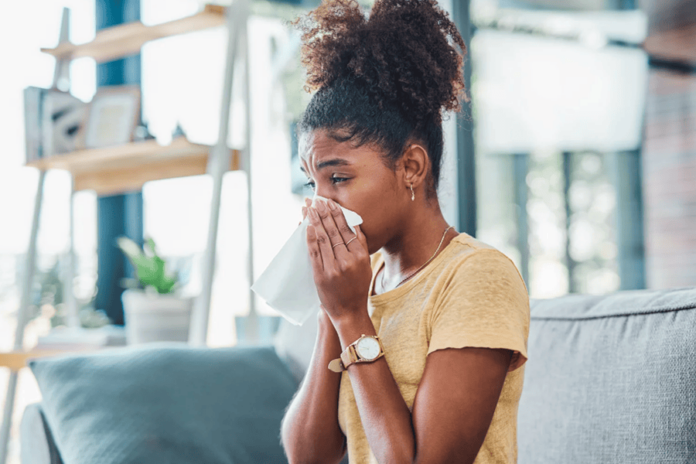On Saturday, California confirmed the first case of a more severe monkeypox strain in the U.S. Health officials reported that a person who recently came back from Africa has contracted this new version of the virus.
This individual picked up the clade 1 strain while traveling in Eastern Africa, where there’s an ongoing outbreak, according to the California Department of Public Health.
After returning home, they received treatment at a medical facility in San Mateo County and are now recovering at home with mild symptoms. The department reassured everyone that the risk to the public from this new illness remains very low.
California health officials are collaborating with the Centers for Disease Control and Prevention (CDC) to reach out to anyone who might have been in contact with this patient.
This latest strain appeared earlier this year in eastern Congo and is spread through close skin-to-skin interactions, including sexual contact; it can lead to more serious health issues or even death, as noted by the CDC.
Since September, over 31,000 confirmed cases have been reported globally, primarily concentrated in three African nations: Burundi, Uganda, and the Democratic Republic of the Congo.
There have also been travel-related cases identified in countries like Germany, India, Kenya, Sweden, Thailand, Zimbabwe, and the UK.
Fortunately, there haven’t been any deaths linked to this new strain so far. Meanwhile, another version of monkeypox known as clade II has been making rounds across the U.S. since a significant outbreak two years ago.
Monkeypox is relatively rare outside central and west Africa and belongs to the same virus family as chickenpox and smallpox.
Common symptoms include fever, chills, rashes, and lesions on areas like your face or genitals that look similar to smallpox marks.
Officials recommend getting tested if you develop an unexplained rash; if you’ve traveled within 30 days to a country where monkeypox has been reported; or if you’ve had close or sexual contact with someone who has confirmed or suspected monkeypox.

